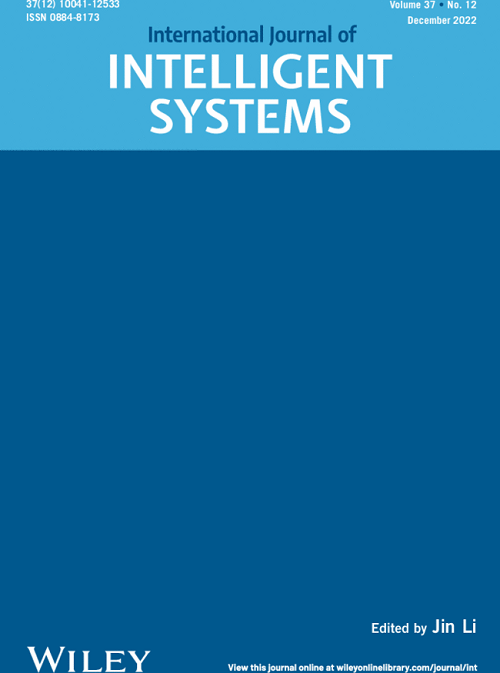A Preference Analysis Method Considering the Asymmetric Impact and Competitors Driven by Group Wisdom and Influence Mining From Online Reviews
Abstract
Consumers increasingly post online reviews concerning products or services on the social media platforms. Online reviews have become a reliable data source for extracting consumer preferences. Importance-performance analysis (IPA) is widely used in preference analysis, but it normally ignores the effects of the performance of competitors as well as the asymmetric between requirements and satisfaction. Therefore, this study extends the IPA model and proposes a preference analysis method that considers asymmetric impact and competitors based on group wisdom and influence mining from online reviews. To do so, after identifying service attributes from online reviews, preferences hidden in massive online reviews are quantified using linguistic distribution assessments. Then, the influence of reviewers is measured by introducing both the relationship influence and the information influence from different types of reviewers as group wisdom to determine the performance of service attributes. The concept of competitive dominance degree is defined as the degree of competitive advantage relative to that of competitors under realistic contexts. The preference analysis method of this study reflects group wisdom and competitive environments more realistically. Its applicability and effectiveness have been testified in the hospitality industry.


 求助内容:
求助内容: 应助结果提醒方式:
应助结果提醒方式:


